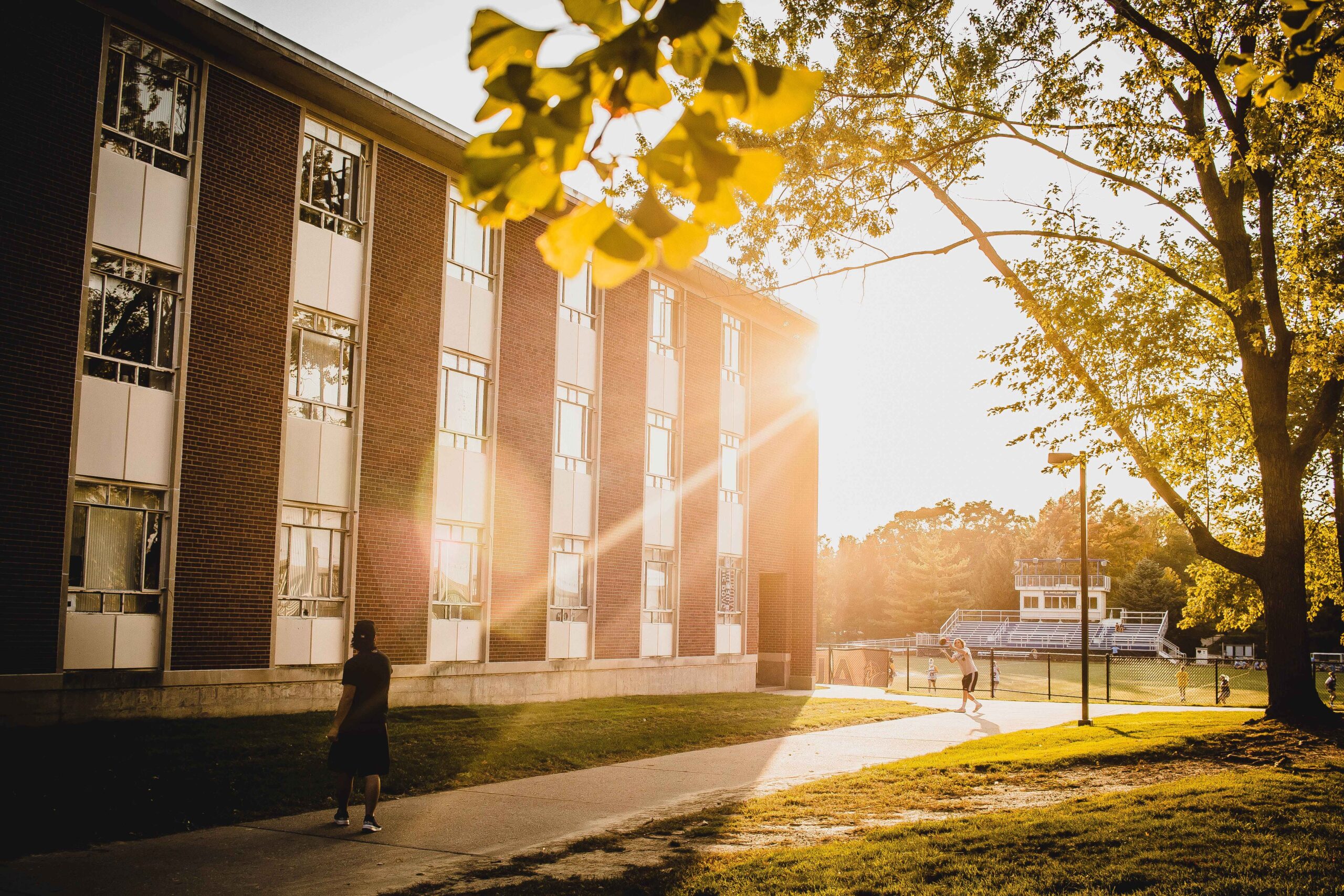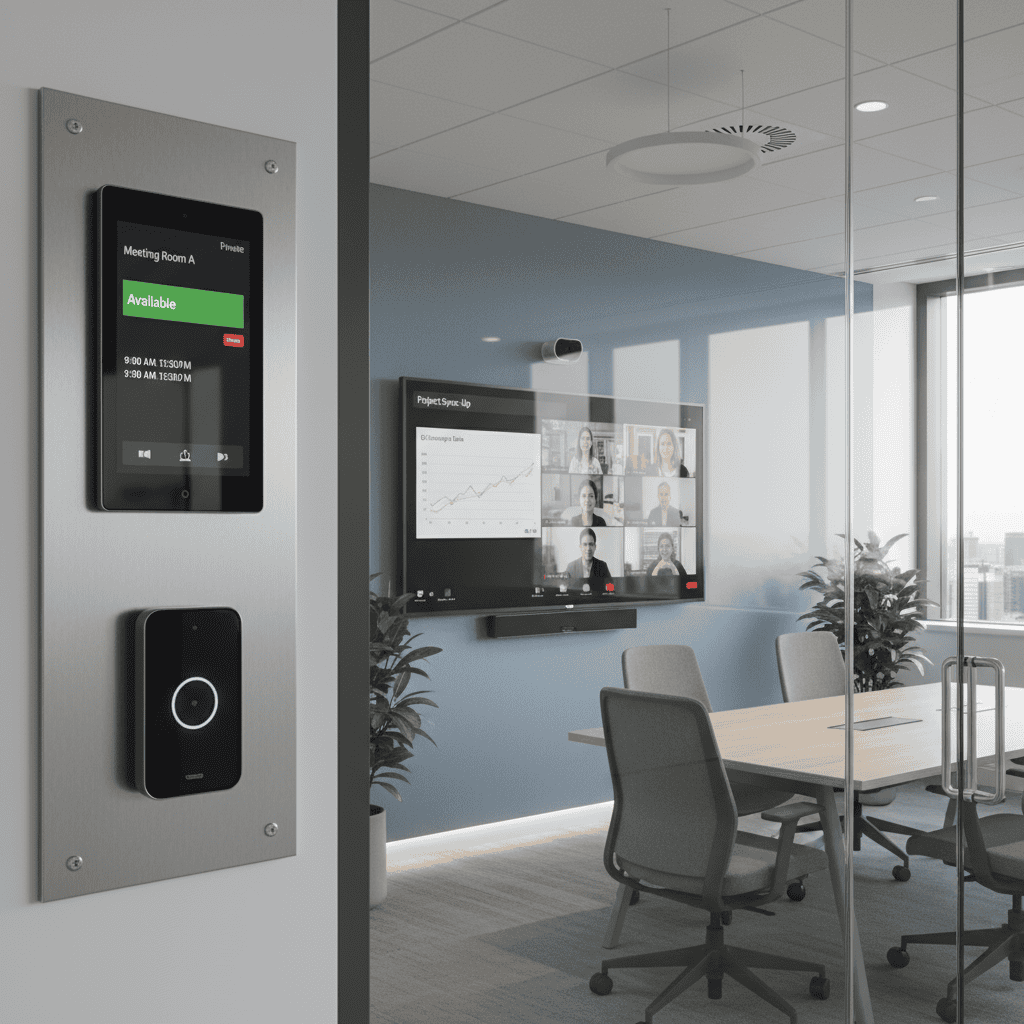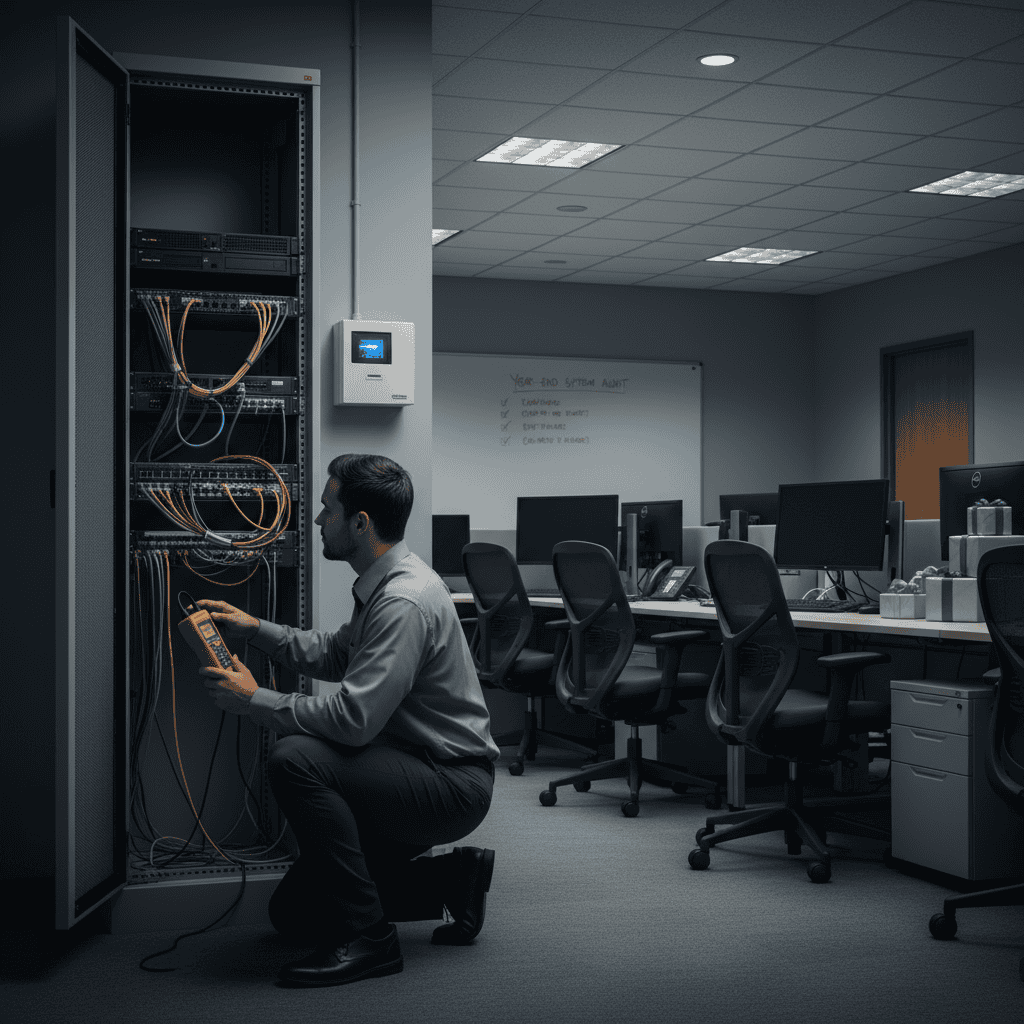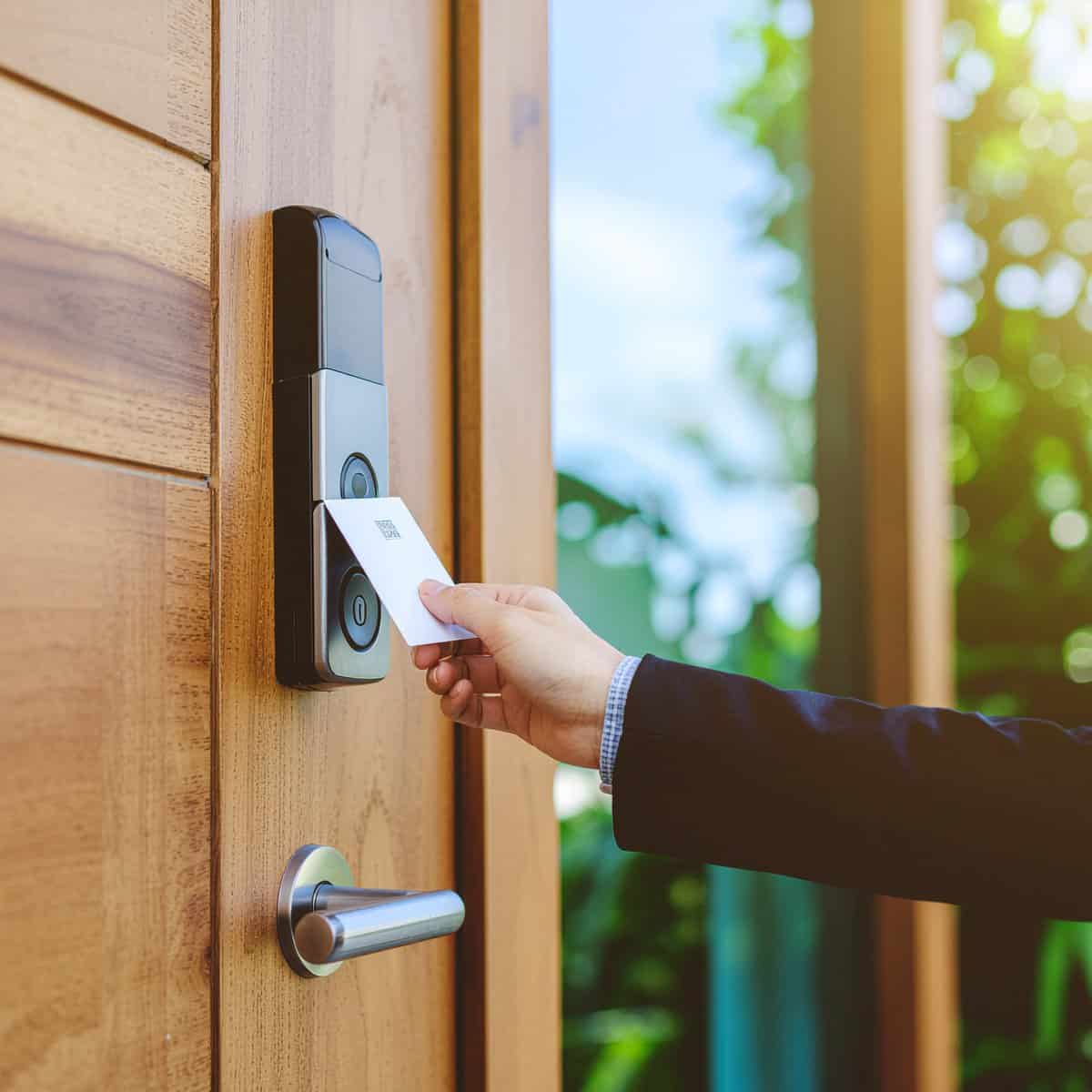6 Tips to Enhancing Campus Safety and Security

For many of us, college life has been a major part of our most independent, happy memories. However, this is no longer the case for many students in America, and for reasons direr than we can imagine.
Did you know that age groups that make up college students, i-e., 18-24 year-olds, have the highest rates of crime victimization in the United States? These include forcible sex offenses, robbery, and aggravated assault. College sex crimes, particularly, have seen a massive 383 percent increase between 2009 and 2018. So, it should be no surprise that research findings now show that.
In such somber scenarios, it is essential for your college to maintain strict security protocols.
In this article, we’ll discuss some security essentials you need to deter crimes and keep your campus safe from unfortunate circumstances. Before we proceed, remember that sometimes, the line between respecting students’ and employees’ privacy and monitoring their surroundings and behavior can be thin. Tread carefully.
Access Control Systems
You need to protect your student body from external threat actors, so you must ensure your campus is protected against unauthorized visitors. Manual ID checks rarely work efficiently, and you need all the technical help you can get. Digital access control technology can be your best bet.
A digital access control system can take the form of card readers on entrances coupled with specialized IDs students must carry to open doors for them. Biometric verification can also be helpful, and you can opt for electronic signature systems to help with visitor management. Use turnstiles to allow one person per time.
Only tightening up the security at the entrances won’t be enough. Just because an individual is allowed to enter the campus building doesn’t mean they should be able to access all areas; for example, not all employees belong in dorms and classrooms. Digital access control systems take care of such scenarios by allowing you to customize the list of permitted personnel through an entrance. Make sure to leverage this tech to its most.
You can read more about access control systems here if you are contemplating installing them.
Security Cameras
CCTV cameras are essential for the successful monitoring of an area. Your security staff can only be at so many places per a given instance, and fieldwork is exhausting and can make individuals prone to errors. On the other hand, cameras allow you to use human resources efficiently.
Cameras are the most effective when combined with other security strengthening features, like reasonable access control and lighting. They can allow you to multiply your force without hiring more security personnel.
Camera installation has to be strategic to work well. Along with installing them on widely used routes, you should also install them in remote places where deploying a staff member would be infeasible. Test your systems and ensure the screen allows good visibility. Adjust your lighting likewise.
A security system that monitors activities will prove a powerful deterrent for individuals that would not like to be caught, like sexual assault perpetrators and robbers. Students can be uncomfortable with the presence of personnel inside dorm corridors, so security camera installation will let you skirt around such social issues as well. If an incident occurs, going through the footage will allow you to identify security loopholes that you can prioritize fixing.
Improve Campus Lighting
Even if your college does not have evening classes and a bustling dorm, many classes extend well beyond the bright part of the day, especially in winters. Most threat actors look for dark areas with low traffic to keep their identities hidden, so you must ensure all spots are well-lit.
According to a randomized street lighting experiment, this can decrease certain felony crimes by 36 percent.
Make it a priority to first light up all high-traffic areas – pathways between campus buildings, dorm rooms, eateries, and parking lots. Cover your main routes and extend the illumination to alternative pathways. You’ll have to ensure the lighting is even: instead of opting for a few bright sources, opt for dimmer LED bulbs and install them on short distances to maintain uniformly bright illumination everywhere.
A proactive approach is essential when it comes to lighting. Depending on their usage, you have to change your bulbs after a set period instead of waiting until they give out. Threat actors who act instinctively can leverage sudden patches of darkness – do not wait till the problem occurs.
Good lighting is also necessary for your camera systems to work well at night. It will further help your security personnel identify any suspicious behaving person faster and deter criminals.
Emergency Blue Light Phones
Emergency Blue Light Phones are similar to phone booths scattered across an area, except they have just a couple of buttons that are directly connected to a security authority like the police or the university’s security center. Students and staff can use them to report crimes or call for help. These are immensely helpful because:
- Criminals are deterred by visible signs of security, as was confirmed by a study of incarcerated burglars.
- Victims of crimes may not always have their mobile phones or may not be able to dial a number;
- Tracing a location of a blue light phone is instantaneous, whereas mobiles pose hurdles.
Though many believe the technology is outdated, student protests at their removal from some universities show that the technology makes students feel safer. Also, it’s better to facilitate students in every way possible rather than regretting your decisions later on; compare the cost of installation to that of reduced admissions after security incidents.
Student Training and Services
Colleges are not merely about teaching students specialized subjects; they also have to ensure that those students become well-equipped citizens of the world. Making them aware of crimes and supporting them through tough times is a part of that responsibility. Training, workshops, and seminars are essential for this purpose. These should include digital safety, drug awareness, awareness of sexual crimes, and conversations around mental health. Rather than opting for speeches, make your sessions interactive so they stay in students’ minds.
Your college needs to make it easy for victims to report crimes so that assailants think twice before committing them. Train the staff to notice abrupt behavior changes in students – they could be victims. Judgment-free spaces like social groups for victims of violent and sexual crimes or individuals having a tough time letting drugs go need to be encouraged. Mental health facilities are also essential, as proper support may help a future threat actor get help on time. Any individual on the receiving end of assault will need accessible support as well.
Gunshot Detection Technology
America has been seeing a rise in hate crimes. A gunshot wound should be the last thing on a college student’s list of troubles, but 2022 has already seen more than twenty-seven mass shootings in educational institutes.
Campuses often host students of different races and countries, making them prone to racial crimes. You may have done your most to prevent such situations, but you must also prepare ahead. Consider installing gunshot detection technology to enhance your college’s security.
Gunshot detection tech uses acoustic sensing to identify gunshots, trace their location, and report them to security personnel within seconds of a blast. According to the National Institute of Justice, they can serve as rapid response, problem-solving, and crime prevention tools. As a gunshot has no place on campus to begin with, no time or effort of your campus safety staff will be wasted, and the chances of their timely interference to stop a crime will increase.
About i.e.Smart Systems
i.e.Smart Systems is a Houston, TX based technology integration partner that specializes in design and installation of audio/visual technology and structured cabling. For more than three decades, our team of in-house experts has partnered with business owners, architectural firms, general contractors, construction managers, real estate developers, and designers in the Houston market, to deliver reliable, scalable solutions that align with their unique goals.




